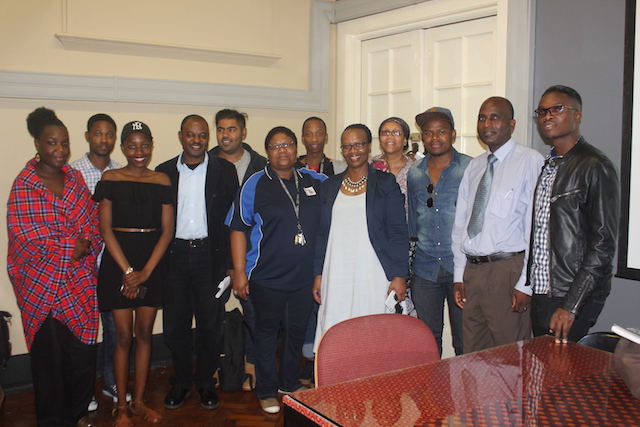Durban University of Technology’s Professor Stephen Mago has taken it upon himself to research solutions that can assist postgraduate students in developing comprehensive, clear and convincing problem statements for their research papers.
Prof Mago, a Professor within the DUT School of Education, recently presented a research paper at the University’s City Campus to postgraduate students and research supervisors. The paper: The Statement of the Problem is a Problem! investigated the problematic nature of the “problem statement” in research and ultimately, aimed to help researchers get to the simplest ways that can assist them in identifying and developing clear problem statements for their research.
Prof Mago said his interest in investigating this topic started when he had been attending a seminar and a presenting postgraduate student remarked how problematic the problem statement was. Prof Mago said he was bothered by the student’s remark and his initial reaction was to investigate exactly what the student meant, hence the paper.
“The paper is meant to benefit Master’s and Doctoral students who always struggle with the formulation of a clear and concise problem statement. This paper touches on an issue that has not been favoured by researchers and academics. The fact that some supervisors, myself included, simply send students away to fix the research problem without further explanations is an indicator that the problem statement might be haunting the supervisor as well,” said Prof Mago.
He defined the problem statement as “the heart” of the research and said it is central to all researchers because it not only motivates the researcher to carry out a specific research, but it also informs the reader of the research and thus, whether to continue reading or not.
“The statement of the problem is an analytical explanation that aims at finding solutions to the stated problem. If the problem is clear, research questions emerge almost naturally. So the problem should always be clear and never hidden,” emphasised Prof Mago, adding that the paper he was presenting was still a work in progress and that the second paper would follow a qualitative research design that incorporates primary data collection. He however said that he is open to further discussion and engagement on the matter.
– Bongani Gema
Pictured: Professor Stephen Mago (second from right) with postgraduate students as well as DUT staff.


